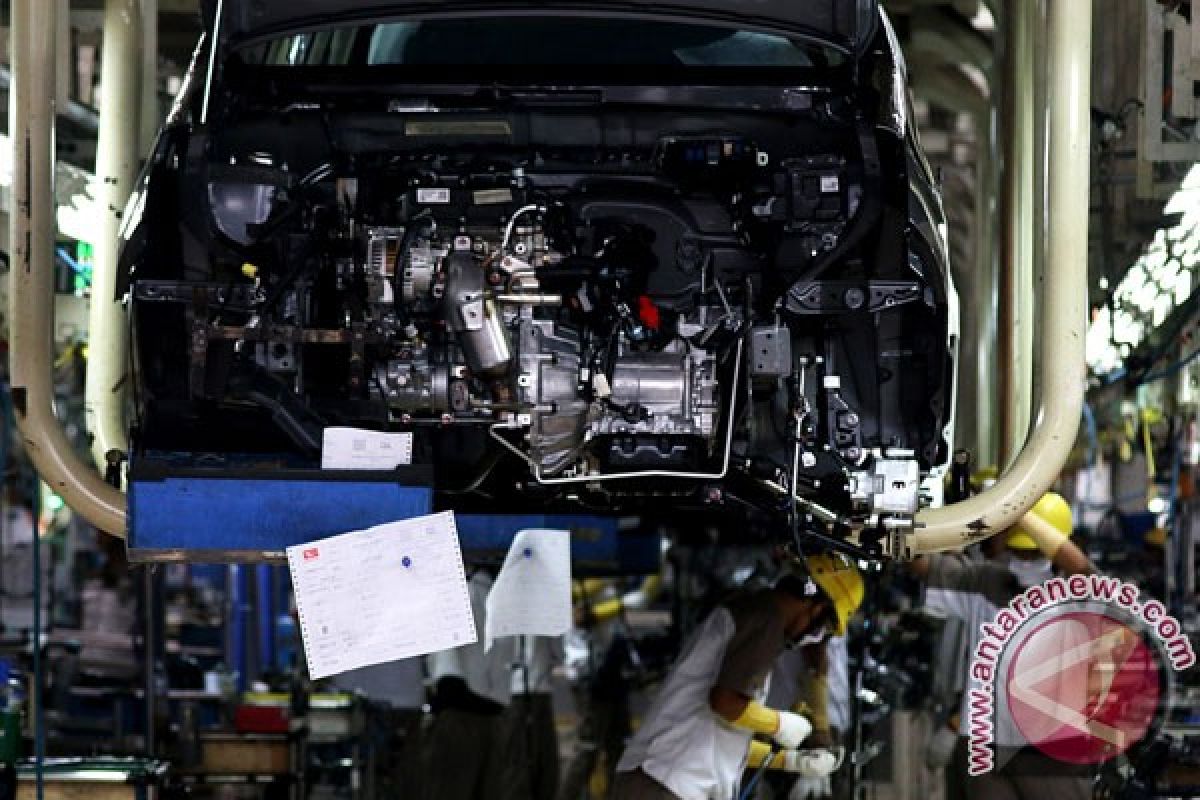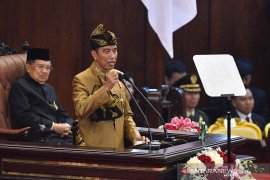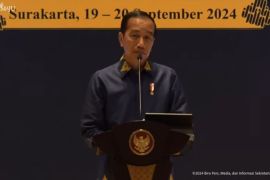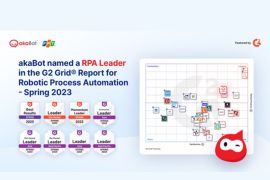"Those hunting for jobs are not solely competing against one another but also with machines or robots, with the widespread application of digital technologies by several firms to run their business activities," Fahmi noted here on Wednesday.
Hence, those looking for work should hone precise skill sets to make them competitive in job markets whereas the government should work towards encouraging private- and state-owned enterprises to hold open recruitment drives to employ people, according to the Sukabumi mayor.
Rapid digital technological developments in the disruption era had led to increasing dependence on machines by several firms to back swift and substantial production of goods and services, thereby presenting grave challenges to the government to ascertain that human beings continue to be given priority, he affirmed.
Fahmi believes that the government cannot singlehandedly cope with the demands of the disruption era, adding that the Sukabumi city government had made efforts to collaborate with tens of local and international firms to organize open recruitment for the selection of candidates.
Consequently, some 5,500 individuals got selected during this open recruitment program in 2018. West Java's Sukabumi City recorded a 13 percent unemployment rate, he noted.
"We have striven to lower the unemployment rate by offering an array of vocational training and entrepreneurship programs for the city residents," he noted.
The central government is sentient of the challenges thrown by the disruption era.
In catering to the demands of the 4th Industrial Revolution (4-IR), Vice President Jusuf Kalla had lately voiced the Indonesian government's steady commitment to applying the family planning program as part of its strategies.
Kalla cautioned of a decline in the workforce in the industrial sector in future. Citing as an example, the vice president explained that if a factory earlier had a requirement for a thousand workers, presently that figure would reach just some 200 to 300 for handling its automated and robotic equipment.
Kalla opined that the continuing developments of the 4-IR, discernible by automation and robotics, is pertinent to be applied in nations, including Japan and Singapore, presently encountering grave challenges of population aging.
Translator: Aditia AR, Rahmad Nasution
Editor: Sri Haryati
Copyright © ANTARA 2019












